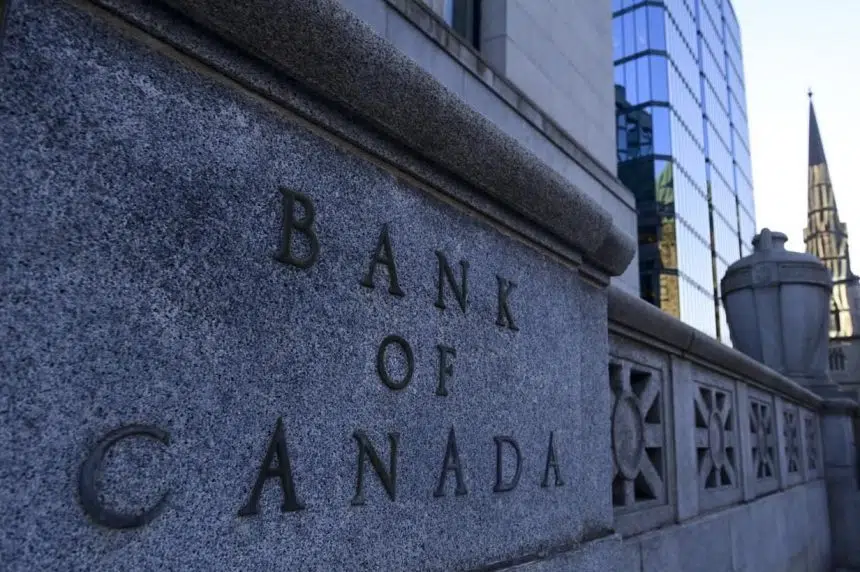The chief operating officer of Royal LePage says the Bank of Canada’s decision to hold its key interest rate at 4.5 per cent has huge implications for Canada’s housing market.
“The Bank of Canada has now held twice in a row and what that is signalling to buyers is that we’ve entered a period of stability,” Karen Yolevski told Gormley on Tuesday.
“We know that a number of buyers sat on the sidelines for a little while (for) a large part of last year waiting to see how many times would the Bank of Canada raise the rate (and) where would rates get to. And now that we’ve seen them pause once and twice, we believe that that’s going to continue to pull buyers off the sidelines.”
Yolevski said that has already taken effect in the first quarter of this year, and anticipates seeing it through spring and summer.
“We know that interest rates have a direct correlation to pricing and when rates rise that’s going to have a downward impact on pricing and we did see that,” Yolevski said.
“So across the board nearly we saw that as interest rates rose last year, prices started to come off those pandemic peaks that we saw certainly (in Toronto and Vancouver).”
Yolevski said markets across the country were surprisingly resilient.
“While prices came down from spring (and) summer of last year into the fall, we really started to see them stabilize around that fourth quarter of last year,” she said. “And this year, we’re starting to see prices rise.”
She said that’s happening despite the fact that interest rates are four per cent higher than they were at this time last year.
In what she calls a countrywide phenomenon, Yolevski said inventory levels for houses are lower than what’s been seen in 10 or in some cases 20 years.
“Simply there are not enough listings on the market to satisfy the demand,” she said. “And that’s happening for a few reasons. One, we’ve got people that are in homes — potentially at quite a low interest rate — who are not looking to move at this time and take on a higher interest rate.
“We’ve got people that are waiting it out still to see where the market goes and looking for prices to rebound a bit more. And then we have our overall supply problem which is plaguing our country, unfortunately, right now.
“We’re simply not building fast enough. We don’t have enough housing available to meet that demand — newcomers to the country, people moving out from Mom and Dad for the first time, people that are looking to move out or move in to the market overall.”
Furthermore, Yolevski said that even with the higher interest rates, there’s still a lot of competition in the market for the units that are available, which also contributes to driving up prices.
“We’ve also seen that the rental market is not doing consumers a ton of favours right now,” she said. “(It’s a) very, very tight market again, nearly across the country — certainly in Saskatchewan (and) certainly in Ontario and British Columbia.
“So that’s also giving people some pause and they’re considering whether it makes more sense just to jump into the housing market now as opposed to continue paying these rents that have gone up (by) could be anywhere from 10, 20, 30 per cent in some markets in the last year.”







